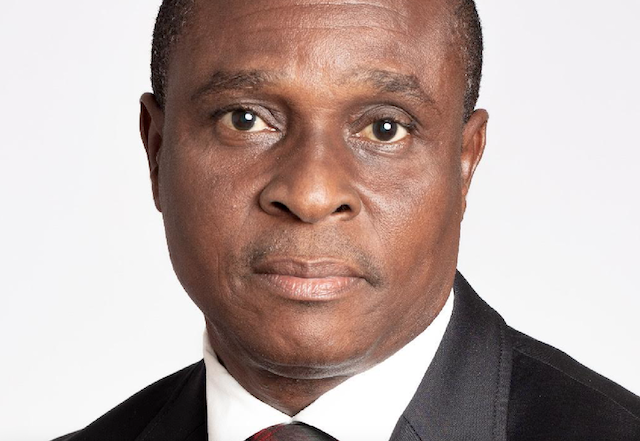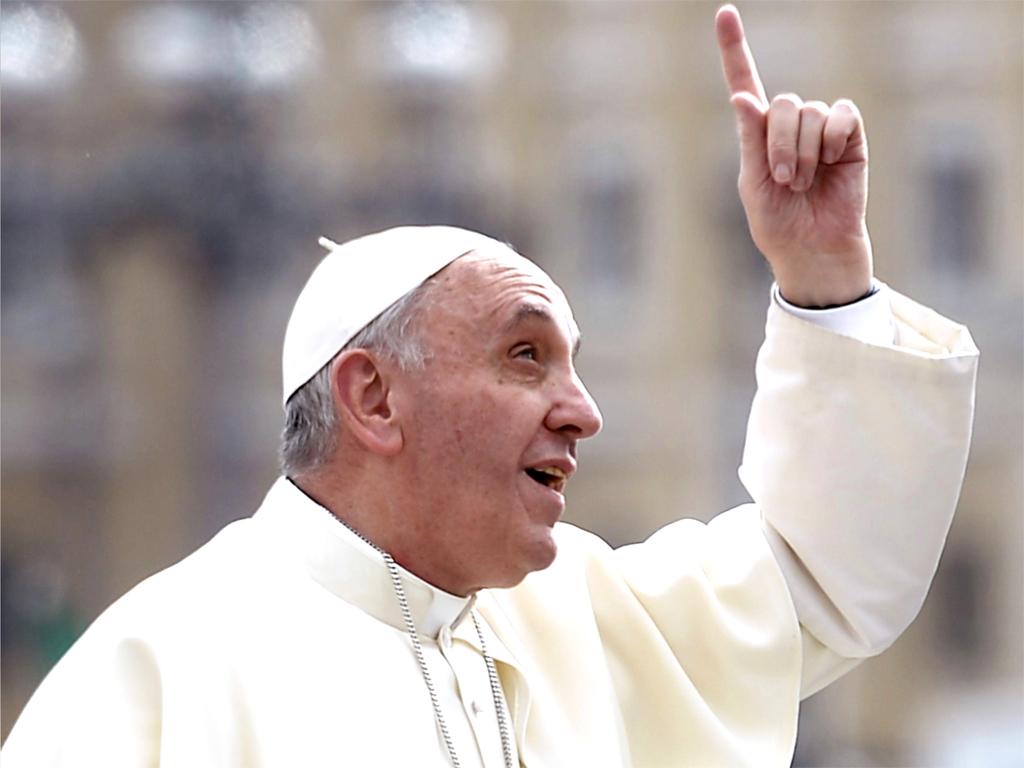A Hundred and Three ‘only’ is now the official death toll of the #ENDSARS victims who will now be accorded a mass burial. Before now a long list of properties destroyed during the protest have been rebuilt. Pen Cinema Police Station is one such property that is a one-storey building testifying to the priority of the State. But for the dead, “picked up from various parts of the City (of Lagos, not Lekki), they will not be mourned because they are deemed to be non-essential. After all, until now the official position had been that nobody died in the course of the protest. And those who claimed otherwise were challenged to provide names of the dead. Since they couldn’t provide names, the faceless dead will now go six feet, nameless!
And in the register of insurance, only some properties were insured and these also have been settled. Conventionally, insurance does not cover civil commotion and riots as these are on the exclusion list. However, these may also be covered under special peril cover for those who opt to be covered in case they suffer damage during riots and civil commotion. Like most mass deaths in Nigeria, the victims are not covered by insurance simply because they didn’t buy any. But does this absolve the State of liability? Not at all! The Nigerian government and the State government owe some compensation to victims’ families. Perhaps, this may be the reason they would be interred nameless so that government will escape financial culpability.
Now that the endgame has come for the blame game of #ENDSARS, and after counting the material costs and losses excluding the human life (for human life counts for less in our world here) maybe we begin to ask questions about State responsibility towards citizens as enshrined in the Constitution. The time is now to hold accountable government officials for negligence in protecting human life. A hundred and three persons dead in any one event is a massacre. Already, we derive that from the various reports that occur around the earth; “Four dead in the US mass shooting” tells the story differently but captures how in Nigeria we have regarded this life given to us.
About my Friend at the opposite end of the Earth
Some 15 years ago, my friend and brother who travelled to Italy to seek greener pastures returned home for the first time. In the course of our trying to catch up with the time spent apart from each other, I asked him what happened to him with scars all of over him with teeth wired together. He narrated to me a near-fatal accident he had while going to work with a friend. He told the story of his survival and the lots of money paid by the Italian government as compensation to him and others involved. For any accident on Italian highways, the government pays compensation to victims on its insurance for that purpose, he explained. I was amazed to hear that a Nigerian immigrant could be afforded such coverage in a foreign country where he is not even a citizen but just a legal migrant worker.
In our country, Nigeria, this would be like a daydream if it ever happened. Yet like all other countries established for the sole purpose of the citizens’ welfare and security, which are incumbent on governments to provide, this is nowhere in place. Had this been in place, governments in Africa would be more responsive and responsible. Imagine the Nigerian government having to pay compensation for the 103 officially acknowledged victims of the #ENDSARS protest, and indeed all other deaths caused by its inability to secure the life and property of her citizens, and the ministers in charge held accountable for the economic losses to the nation, they will do more to do their jobs. They would not dare to say, dead citizens were “picked from various parts of the City”: The dead being described like heaps of litter that obstruct roads that waste managers pick up!
Fat too many are these ‘litters’ of human lives lost to the worst kind of violence meted out to fellow citizens. It is time to pause and take stock so that we can live lives worthy of our humanity.
Imperatives of Civil Society Actions
The march towards greatness in any nation entails absolute consideration for every citizen and resident in that country. Often, civil society groups sue the government for one failure or another, either to raise awareness or pressure the government to act in the public interest. These actions often come to nought. However, it could bear more import and win a greater following if these court cases have the human element whereby the State is sued for negligence—for instance, the current ENDSARS, the CHIBOK kidnap and many more. The system has so impoverished a large swathe of the population that even those who can afford insurance, no longer have the means to pay premiums. Therefore, a civil society action can demand that government should take a global insurance policy that covers large parts of the population so that it can afford to pay compensation when the need arises.
Palliatives that target the support systems of the economy instead of cash donations, will have a far-reaching effect, which is more impactful than the current efforts. Currently, civil society actions are not sufficiently embracing, thus leaving out the most vulnerable and critical population. Unable to defend themselves against any unfavourable government policy, these Nigerians are left to vagaries of policies that gradually squeeze life out of them.
Commercial insurance is meant for those who can afford to buy cover for their assets. Although insurance is still the cheapest tool for protecting valuable assets, in Nigeria disposal income is hard to find in an economy that is pro-consumption. The gap ought to be filled by national insurance policies, like flood insurance which allows the government to respond to claims of citizens for compensation when the need arises
The Future
The future is already here with us– there would be more food shortages, flooding, pandemics and a lot more destructive events. Nations survive these events through modelling risk scenarios and planning for them. Insurance is typically one of the most important tools for planning against uncertainties (or certainties as occurrence today demonstrates) and recovery when they do occur.
The first line of protection planning is safeguarding human lives. Both government and individuals ought to take necessary steps to minimize the loss of lives. The premium we place on the life of Nigerians will change who we are today as a people. It is the duty of the government and all well-meaning people to address the value of human life and its dignity. And if the government is not responsive enough, groups can organize to buy protection for their members.
We must not just invite one Imam and Clergy to officiate a mass burial of Nigerians, let us give this event a name, and raise a monument and epitaph, which reminds us that we lost Nigerians through a government’s wrong response to protest and civil unrest. In addition, let us use this event to ask the government to invest in human lives. An N250 billion National Shield Policy that provides for those who cannot afford insurance may be a starting point to start building resilience for the country. Of course, this measure does not preclude national emergency planning.



